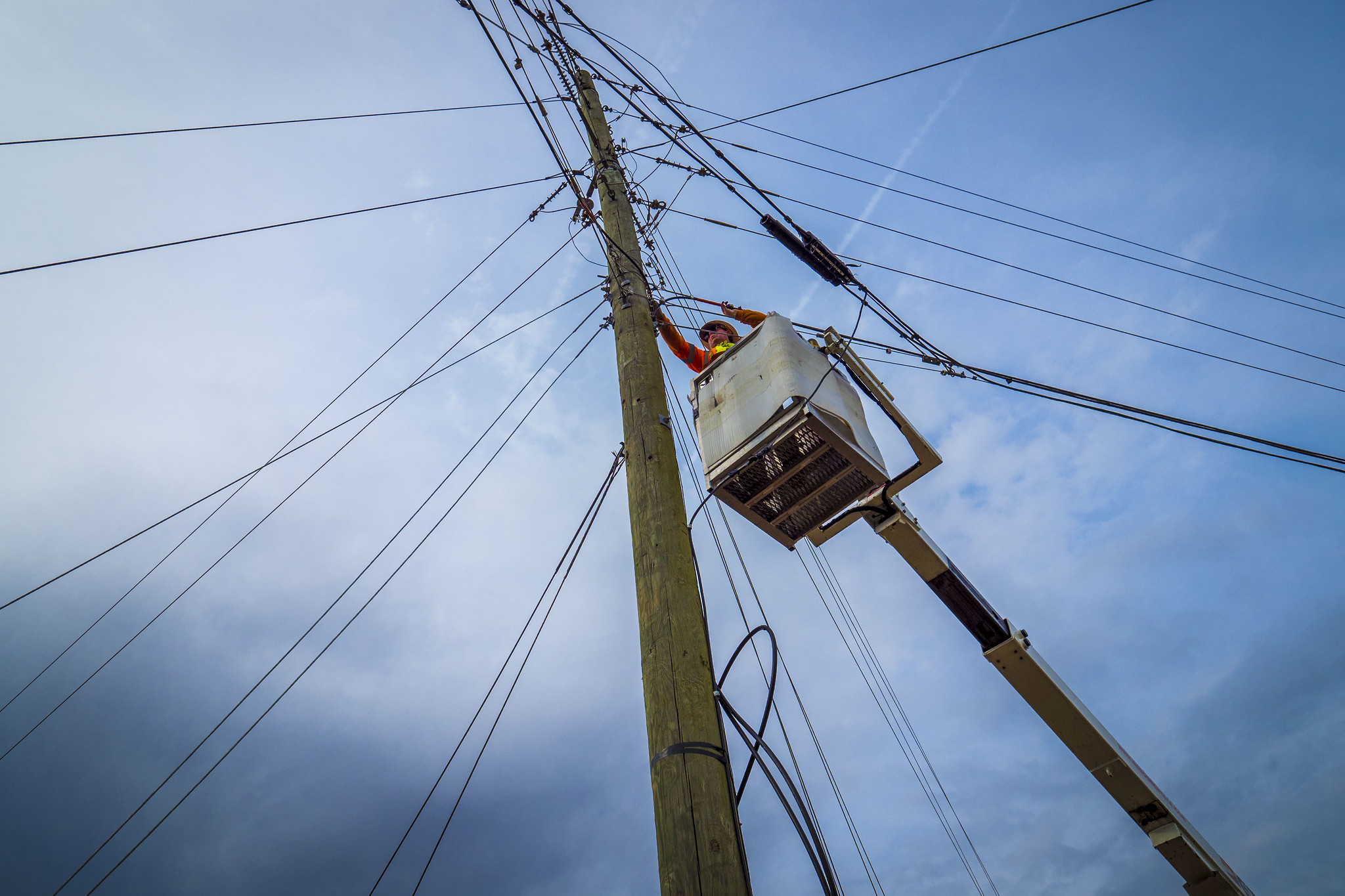We have much more to do and your continued support is needed now more than ever.
Broadband: Bridging the Digital Divide

Usually, when people think of infrastructure they think of roads, water systems, sewers, and bridges, rarely, if ever, does the internet come to mind.
The Covid-19 pandemic showed us just how mindful of broadband that we need to be when we talk about infrastructure. As the world shut down, literally, we had to think of new and innovative ways to work, educate our children and even visit our doctors.
We found out that all access was not created equal, many of us in rural and urban areas were left behind with no real way to continue our daily lives.
Southern Cities and Internet Access
Mayors from the African American Mayors Association joined forces to pen a letter to express just how hard-hit their cities were as a result of access disparities.
Rural areas often feel the full burden of slow to no internet access. Across Louisiana, Mississippi, Arkansas, and Alabama, one-fifth of the population live in households without Internet. Often, areas that are able to access high-quality, reliable internet service deal with affordability issues.
Over the spring and summer of 2020, the National Wildlife Federation worked in collaboration with national and local partners to hold a series of roundtable conversations. The roundtables gathered more than 124 frontline community leaders, elected officials, and other key experts and environmental justice stakeholders to discuss the impacts of the coronavirus on communities.
The roundtable series amplified the need for broadband access given the disparities discussed throughout the discussion as America moves forward pushing for new, improved and sustainable infrastructure, reliable and affordable broadband services for all cannot be left out of the conversation.






















